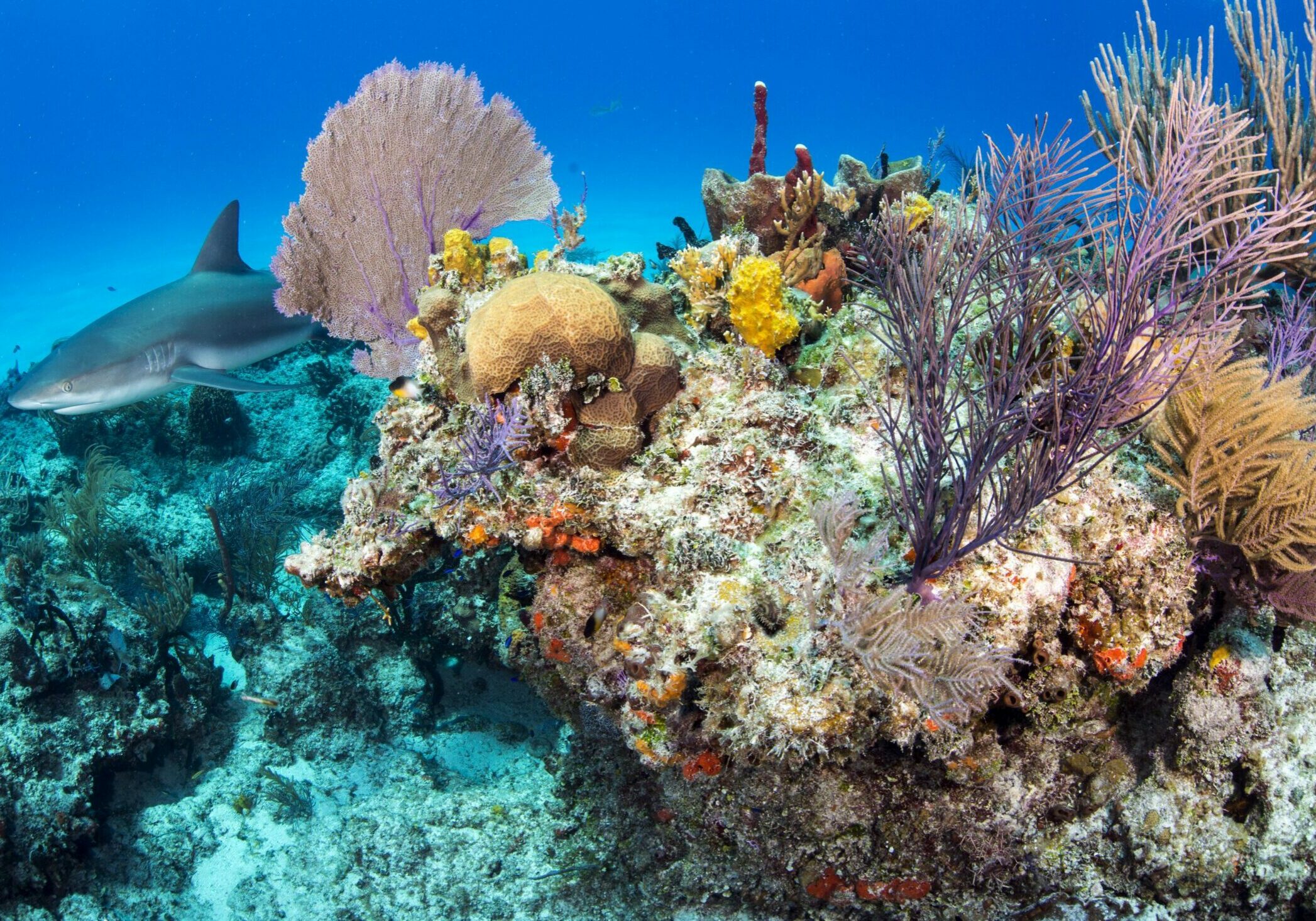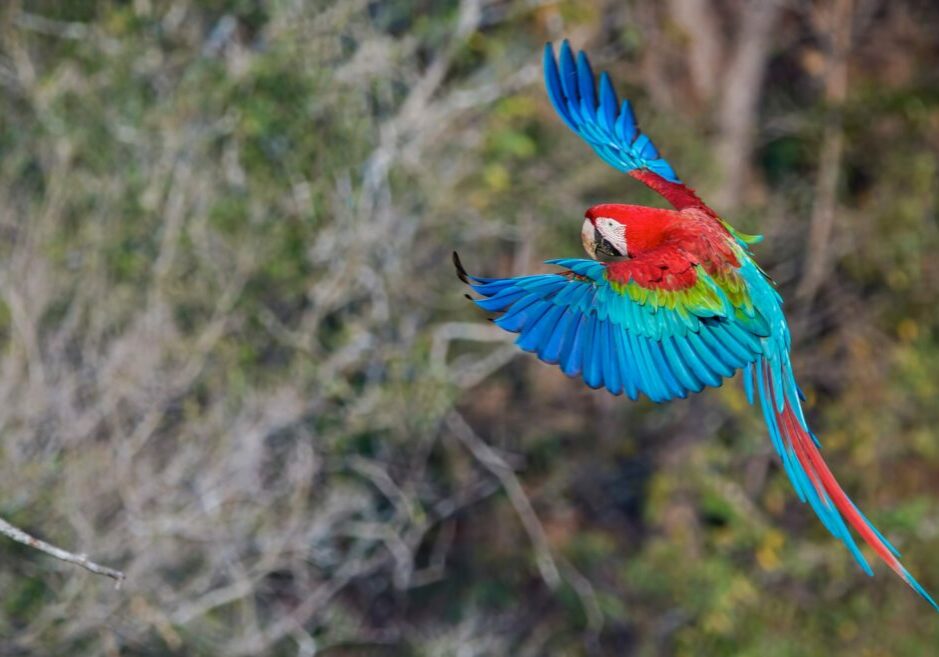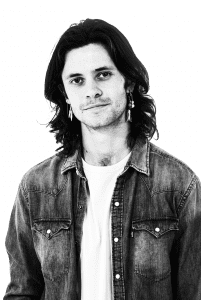
Why is it vital young people are heard?
I’m fortunate to have worked with young people for 10 years, and I’m always amazed by their intuition, intelligence, understanding and compassion. It’s their future – they’ll live and breathe the consequences of the actions we take today, so they should be at the forefront of the important conversations. They have brilliant ideas and they question the way we do things – we can all learn from them.
What are their greatest concerns?
If they’ll have a future! They’re aware we’re on the road to catastrophe and no one can say what life will be like on the other side, but the world as we know it is not going to exist. The unknown is the scariest thing. They feel helpless when they hear about another species going extinct, or a threat to the planet, or watch governments making decisions that will affect them the most but can’t do anything about it. Yet they still believe we can turn things around.
Why did you become a WWF ambassador?
When I learned about global warming, and how we were continuing to do the same damaging things to our planet, it scared me. The feeling grew and made me want to do my bit. When I was 15, I emailed WWF to offer my help. My dream was to support its work in whatever way I could, but to be an ambassador makes me so proud. Through this role, I’ve met key people in important industries and now I want to use my position to influence change and action.
How does WWF support young people?
There are so many brilliant campaigns and initiatives, such as the partnership with Scouts. I’m proud to work with WWF’s youth ambassador scheme. These amazing young people are spearheading WWF’s campaigns and suggesting ways to connect with their peers. Rather than telling them what to think, we find out what they’re passionate about and equip them to make decisions and take action.
Are there more opportunities today?
Yes! Over the past decade, the conversation has grown and taken on a pace of its own, spearheaded by key moments such as the school climate strikes. Inspiring and energising, the strikes are a shining example of what adults can learn from young people. They would never have happened when I was at school. Now more people and businesses actively want to hear from young people. There are so many more ways for youngsters to get involved. They’re becoming the most important pieces of the puzzle in solving the climate crisis.
Can you share any inspiring stories?
In Kenya, I met a young man called Kevin who was spearheading his school climate strikes. He travelled for five-and-a-half hours every Friday to take part in the strikes in Nairobi. Kevin has so much commitment, strength and passion, his story will stay with me for ever. Closer to home, a 10-year-old girl started a campaign to ban single-use plastic toys on the covers of kids’ magazines. It went all the way to Westminster, and Waitrose pledged to stop stocking magazines with disposable toys. She did that. It blew my mind.
How can young people make a difference?
It’s your future we’re talking about, so use your voice, ask questions and demand answers. Write to your local MP. Politicians often say they don’t hear from young people, and a letter from you is more powerful than you think. Use social media to get your voice heard and drum up interest. Let your parents and friends know you care about the environment, so they’ll hopefully want to help. Adopt a more plant-based diet, try to shop more sustainably and invest in ethical companies. Most importantly, don’t settle for anything less than what you deserve. We can make this world a fairer and more sustainable place by working together.
Youth Ambassadors’ COP26 messages for world leaders
Let’s meet some of the young people creating change
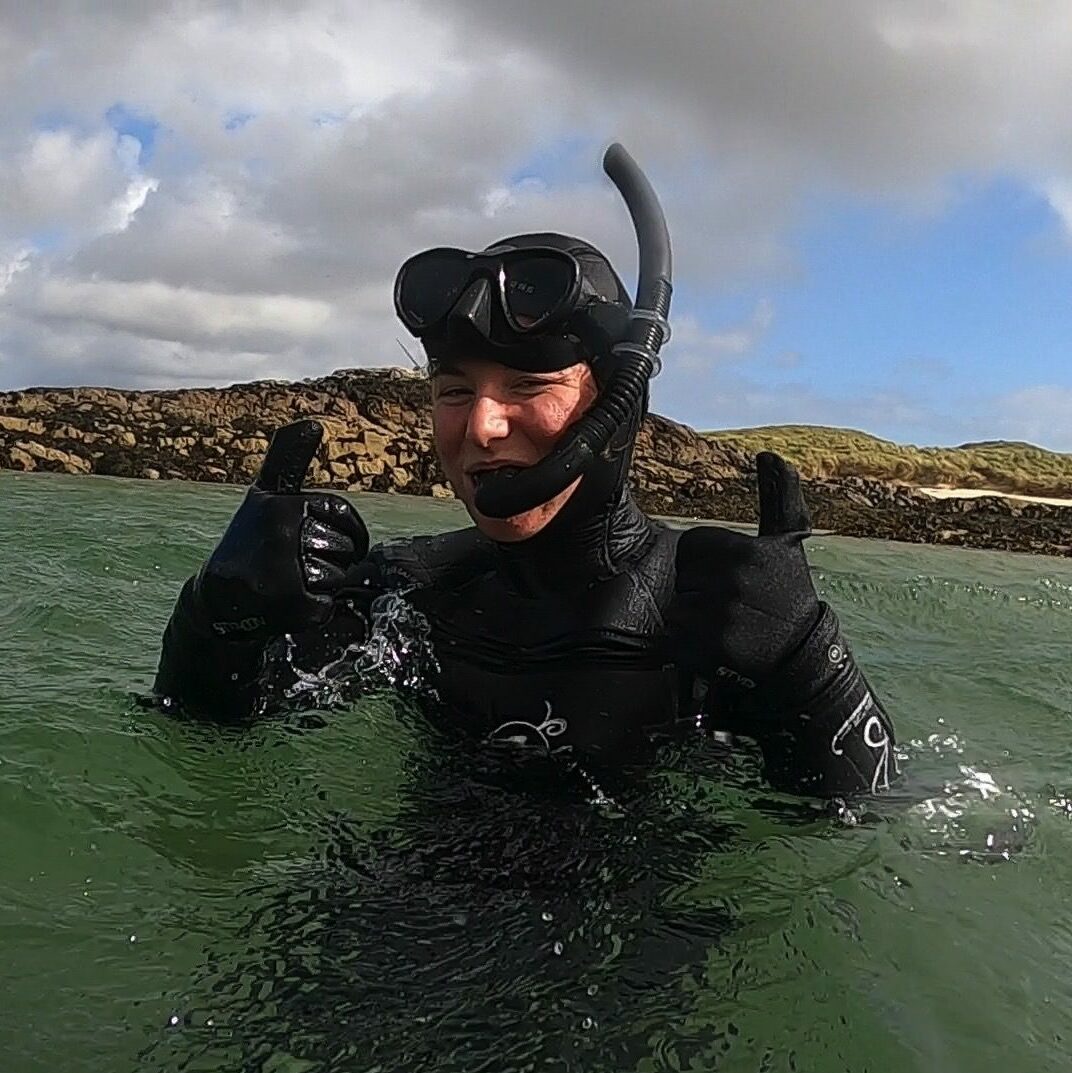
Sally, WWF youth ambassador
I’m passionate about protecting our oceans. I fear for our world amid the uncertainty of climate change, but this fear drives my passion to create change and protect our planet – and our lives. Through working with WWF, I’ve gained the confidence to try to inspire others. WWF are inclusive, they take on board my views and invite my ideas. I see my role as getting more people involved. I try to show how little it takes to do your bit for the environment – from plastic cutlery in schools to litter picks in towns. It’s easy to get involved.
But we can only truly progress if we’re backed by the governments of the world. I would love to see big actions today, not just ideas for the future, and a progression towards a greener, cleaner world. We are desperate for change, and for them to be effective, any changes must be now and they must be big. This is our world we’re fighting for.
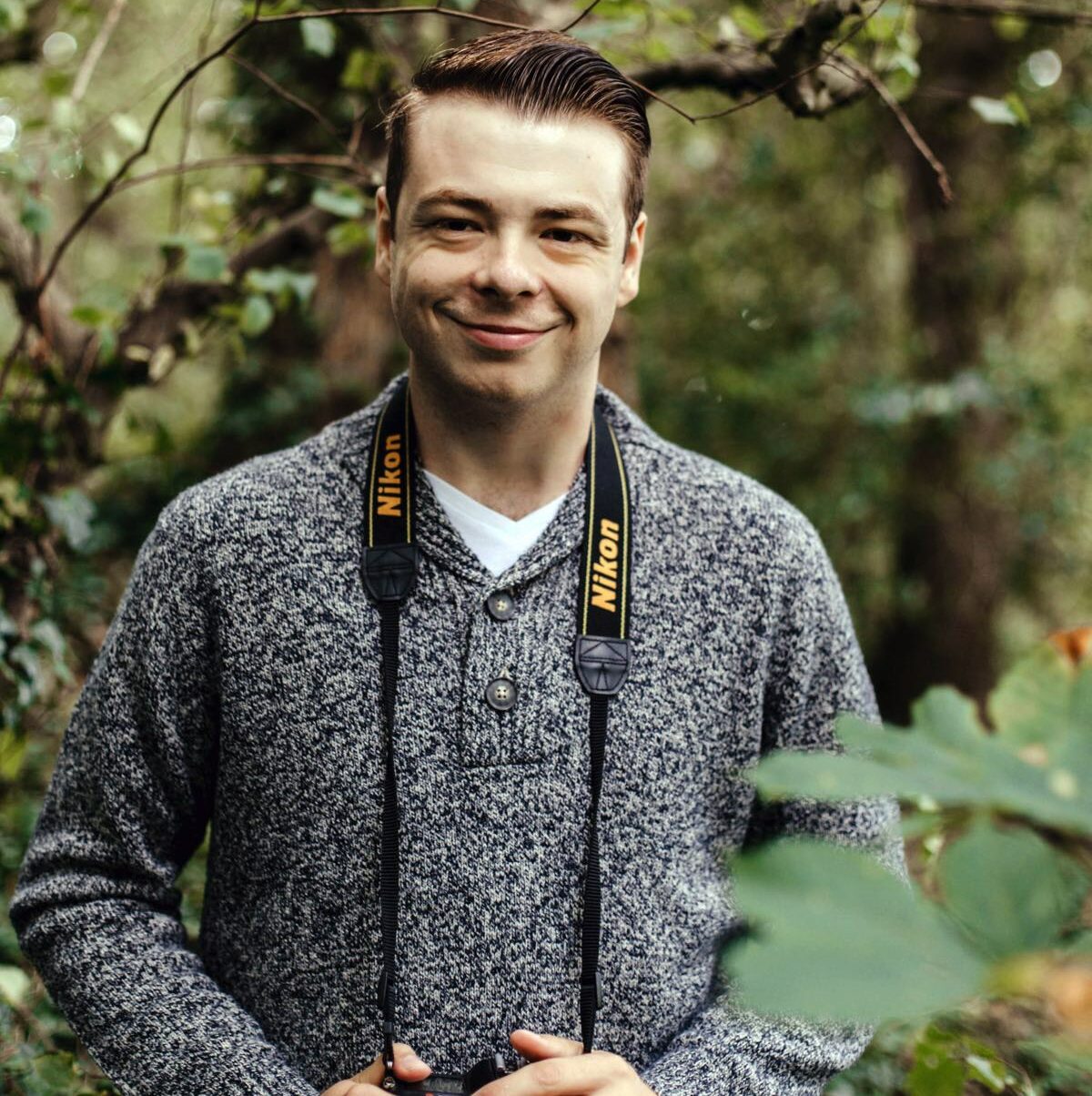
Alfie Bowen, photographer
I’ve had a lifelong obsession with wildlife. My first word was ‘mallard’! I grew up watching David Attenborough documentaries until I could recite them word for word, so I can’t imagine a world without the iconic species I’ve grown to love. We mustn’t let that happen on our watch.
Becoming a wildlife photographer saved my life. I was being bullied because of my autism spectrum disorder, and photography gave me a voice I didn’t have. It’s a universal language that grabs the attention and touches the heart. It’s a privilege to help WWF, and I hope my images will inspire people to fight to save nature.
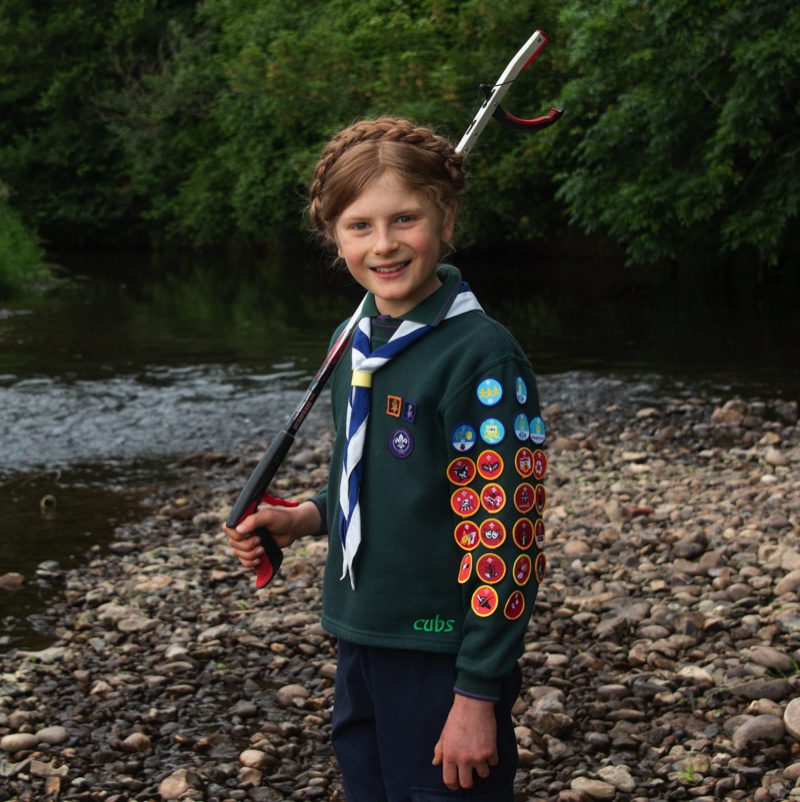
Thomas, Cub Scout
I’m nine years old and I’m an environmentalist. I think it’s terrible that humans hurt wildlife with our plastic pollution. It’s up to us to do something about it. I give talks to my Cub pack on how to be ‘plastic clever’ and think there should be more Scout badges that help the environment. I’ve been working with a company to provide litter-picking equipment for my Cub pack and have designed my own badges saying: ‘The sea is not a dustbin’.
Governments should make green alternatives to plastic cheaper, so more people use them. They should also teach people to use less plastic. What we do use, we need to reuse or recycle. We should all pick up litter to stop plastic getting into our oceans.
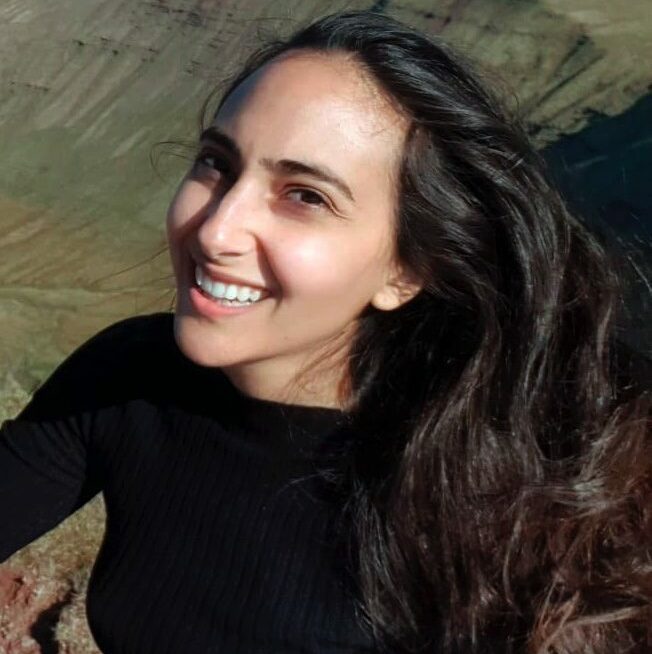
Arielle, Eat4Change International youth team
Growing up in Ethiopia in a multi-ethnic family while also attending an international school, I was exposed to a wide range of cultures from a young age. This experience gave me the opportunity to taste a variety of different foods which in turn made me into the massive foodie I am today, always eager to try new foods. When, on the Eat4Change International Youth Team, I learned about the true cost of the meat and dairy industry, changing my diet was pretty straightforward; all I had to do was look to foreign cuisines for healthy, unprocessed vegan meals.
Food we eat in the UK comes from all over the world and, because of this, consumers have a duty to understand how this impacts people, ecosystems and climate in other parts of the world. I urge you to look at WWF’s website and use the tool they’ve created to understand the true impact of your diet.
More to explore
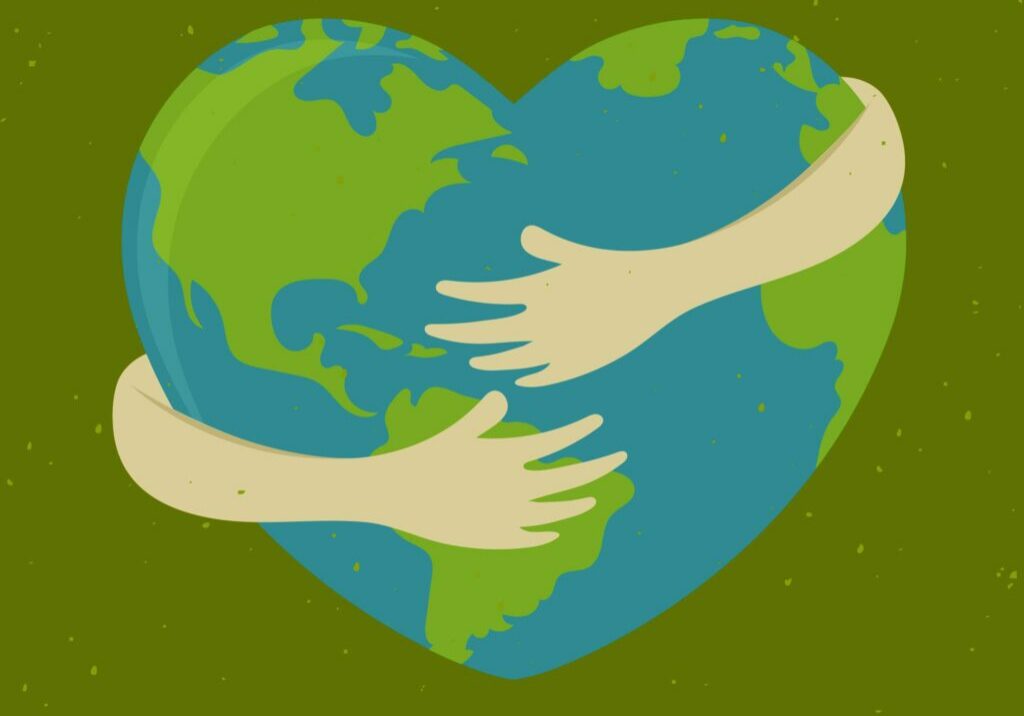
Everyday ways you can help the planet
You’re already a hero to us, but are you a green hero as well? Follow our top tips to enjoy an even more sustainable lifestyle
